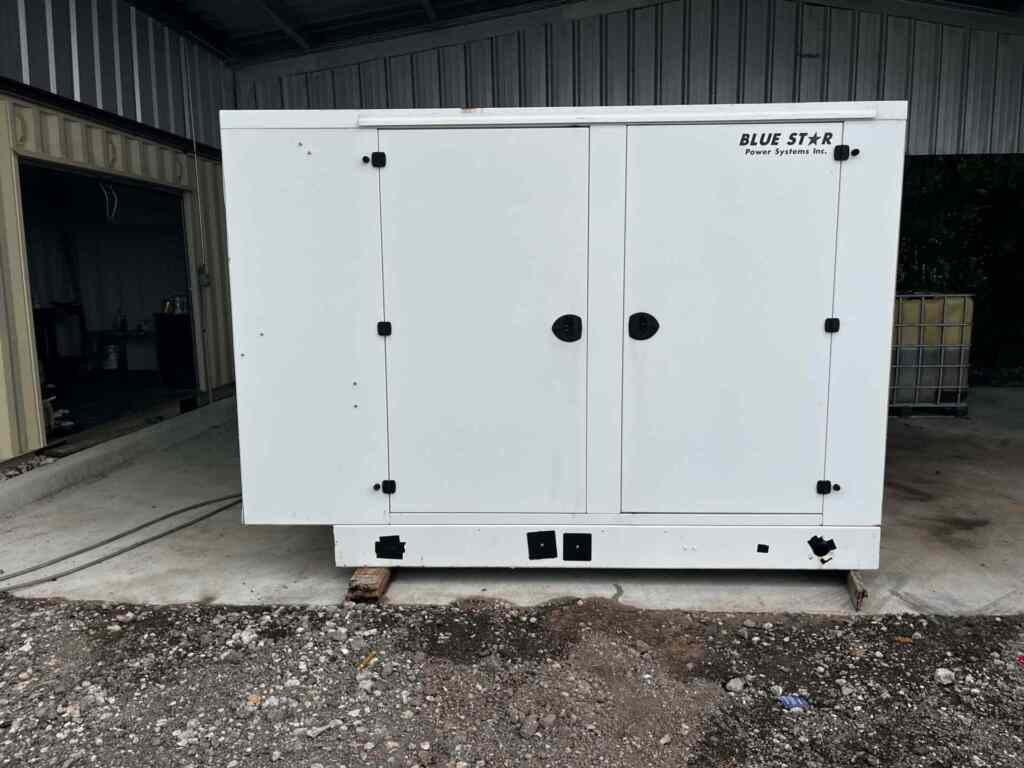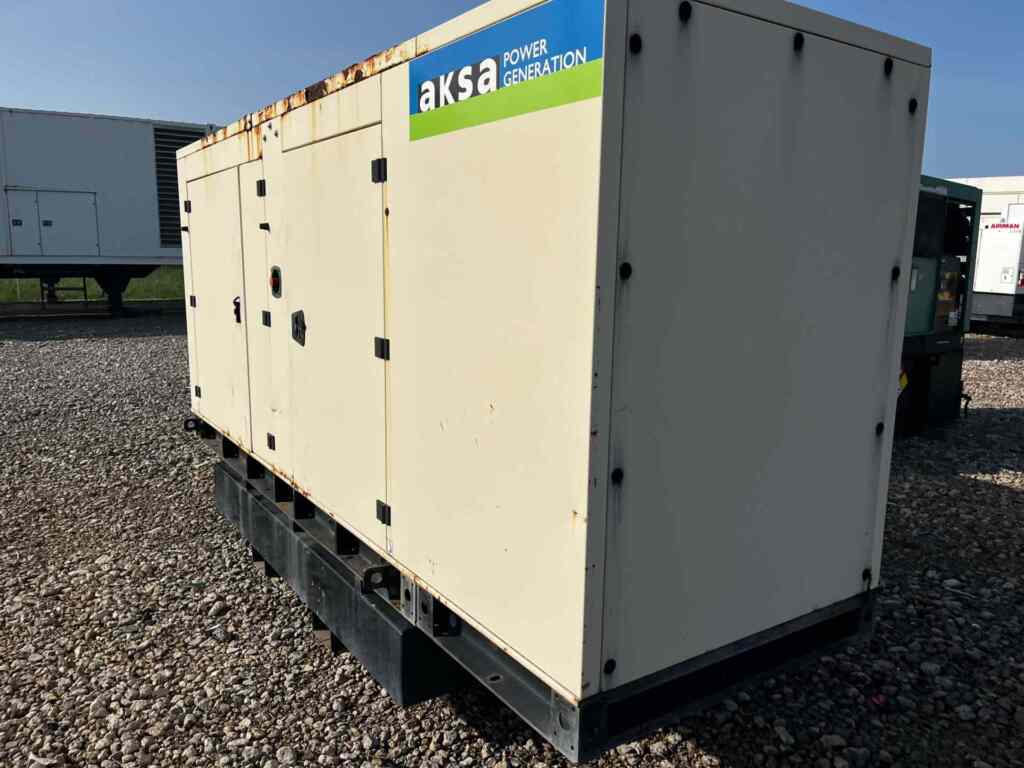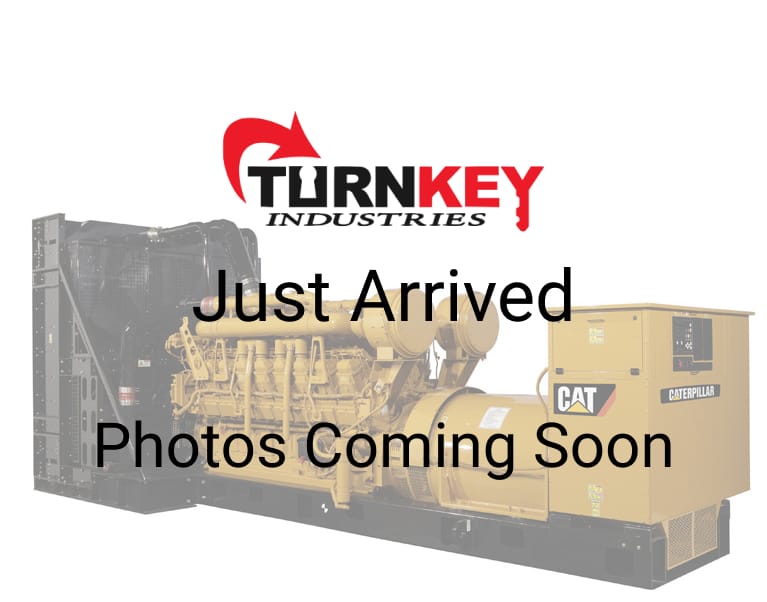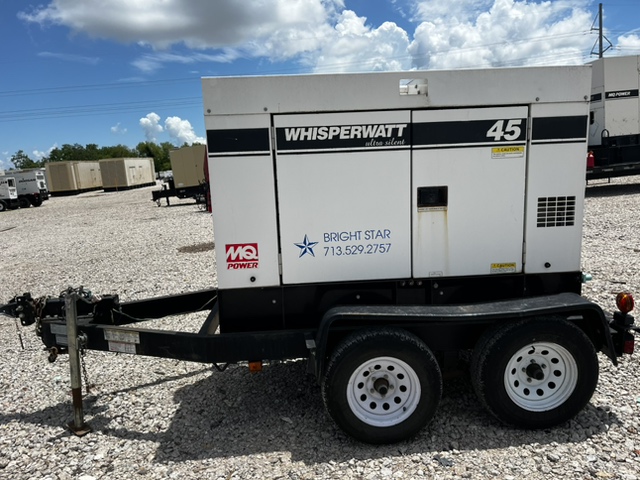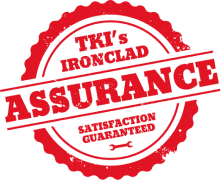Overseeing successful companies and facilities takes a lot of work; if you’re not up to your knees in paperwork, you’re handling those spur-of-the-moment situations that occur throughout the day. With all the juggling involved, it’s easy to let some responsibilities fall through the cracks.
Notably, generator maintenance is one of them! But we understand that when you’re ensuring operations are running smoothly inside your facility, who has the time to check everything?
Whether your primary source or backup energy unit, an industrial generator gives you the security that your facility will continue to operate in the event of a disaster or outage. No matter what machinery you have, you’ll want to maintain it to ensure it works at its best.
Here’s a guide to industrial gas generator maintenance to get you started.
The Importance of Maintaining Your Generator
As mentioned previously, generator units are essential to businesses and facilities worldwide. Their robust power can supply energy to buildings and equipment almost instantly! But sometimes, we can take advantage of equipment durability and think they’ll make it through anything.
While partially true, your industrial generator works hard and needs TLC now and then. If you neglect maintaining units, they risk experiencing catastrophic mechanical failure, affecting your operations and assets.
Crucial Generator Components
To perform maintenance on an industrial generator, you’ll want to familiarize yourself with several critical components. Please continue reading below to learn more about crucial parts and how they affect a generator’s function.
Engine
The engine in a power unit generates mechanical energy through fuel combustion. Poor performance can significantly affect equipment performance.
Battery
Generators now come with a battery-operated start function that produces electricity.
Fuel System
Your generator’s fuel system maintains fuel flow to its engine but can sometimes leak and create blockages in cut-off valves. Remember that fuel systems carry highly combustible material, so you want to address concerns as soon as possible.
Alternator
The alternator sits at the core of your generator and converts mechanical energy into electrical energy. Alternators have fragile brushes made of carbon that are highly susceptible to damage.
Lubricant
Lubricant is standard for equipment with moving components. The engine and alternator bearings require lubrication to reduce friction while operating; however, the solution can become contaminated after long periods.
Voltage Regulator
Voltage regulators play a role in regulating power output. As the generator produces currents, the magnitude will change depending on the alternator’s speed.
Cooling and Exhaust
After using fuel to generate mechanical energy, the alternator works to expel the excess through the exhaust system. Conversely, the component that gets hot relies on the cooling system to ventilate heat.
How Often You Should Service Equipment
While you’ll want to leave the yearly inspection to the professionals, there is minor maintenance you can perform to ensure your unit functions without any hiccups.
Daily
Every day, preferably as the first task on your checklist, conduct a visual inspection of your generator. Examine oil and coolant levels, the water pump belt, alternator, and transfer switch, and look underneath the unit for concerning leakage.
Weekly
As part of your weekly checklist, run your generator at a no-load setting; doing so can help verify whether the unit can operate without alarms or warnings. Afterward, examine the battery charger to ensure the wires are intact.
Industrial Generator Checklist
Since industrial generators come in varying sizes and models, your unit may not include all components mentioned in this checklist. However, you always want to refer to its manufacturer guide to avoid system damage.
Change Parts
You can add tasks to your routine checklist to prolong your unit’s lifespan and improve performance. Remember to shut off your power unit or keep it on standby before swapping the following parts:
Air Filter
Changing the air filter in an industrial generator is like changing a part in an HVAC unit. Air filters are integral in maintaining the equipment’s well-being as it collects dust, dirt, and grime.
Fuel Filter
Fuel filters are permeable barriers within the unit that remove impurities, dirt, and sediment that could damage a generator. You may need to replace this component more often, depending on how reliant you are on the equipment.
Check Oil
Regularly examine and replace engine oil; it’s best to check levels when oil is cool after 10 minutes of operation. You’ll want to change engine oil every 1,000 hours and keep an extra supply on hand.
Inspect Cooling
Flush cooling systems per manufacturer instruction. Ensure adequate levels and inspect lines for leakage.
Clean Battery
Examine battery terminals for corrosion and determine if connections are intact, secure, and in proper alignment. Your generator’s battery should always have a full charge.
Inspect Fuel Levels
For industrial gas generators, remember to inspect fuel supply for leaks and visual damage and address repairs promptly.
Assess Drive Belts
Inspect drive belts for damage like tears and cracks; replace components as needed.
Examine Alternator and Transfer Switch
You’ll only need to inspect alternators that are in adequate working condition. Start by scheduling an outage outside operation hours when evaluating the transfer switch. Next, you can turn off the power at the switch to test its function.
Clear Surrounding Area
Remove accumulated debris from on and around your generator. Removing dirt, leaves, and snow from the area will make it easier to spot concerns before worsening. Clearing a path also makes it easier to service backup power units in emergencies.
Test Your Generator
After examining, inspecting, and replacing, allow your generator to run a test cycle to ensure proper function, lubricate systems, and burn off moisture.
Pro Tips To Remember
As mentioned before, DIY generator maintenance can help mitigate costly repairs and devastating damage. However, as your power unit ages, it may require professional attention from a technician.
Professional inspections can detect concerns outside your service abilities and focus on areas requiring annual, biennial, or triennial examinations. At Turnkey Industries, our technicians check large commercial generators to ensure reliable function before selling.
Industrial generators allow your facility to continue operating, even during storms or prolonged outages. However, it’s easy to forget to keep up with their maintenance. Luckily, having a guide to industrial generator maintenance outlines what to prioritize during servicing to ensure equipment runs when you need it.
Please visit our Turnkey Industries webpage for more information on maintaining your energy unit!
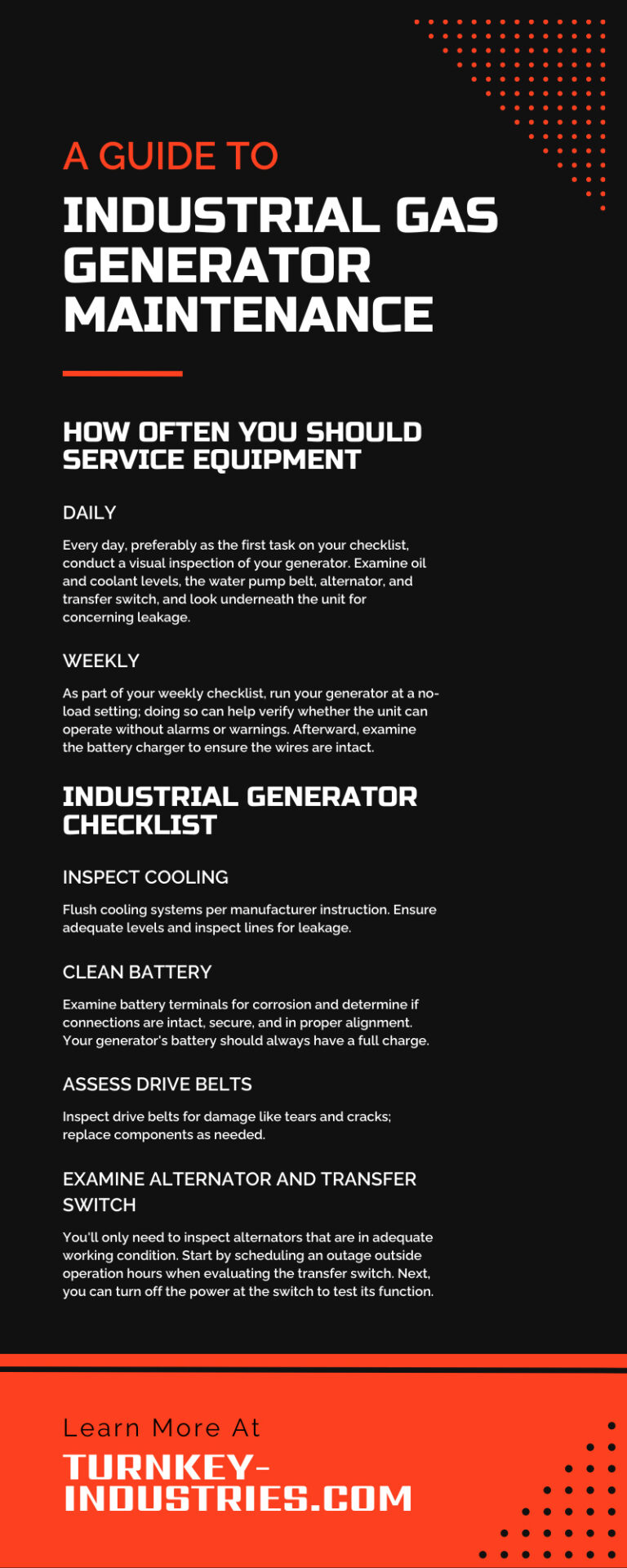
 Turnkey Industries offers a variety of high-capacity
Turnkey Industries offers a variety of high-capacity 